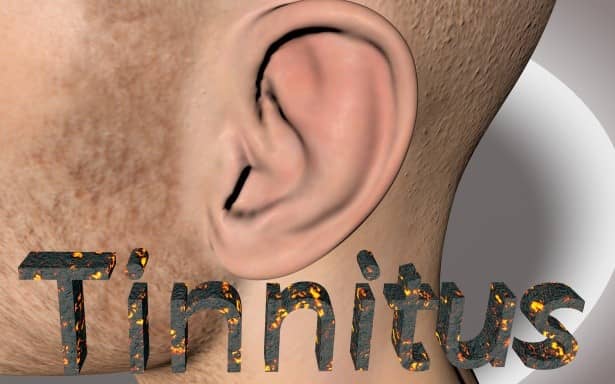Tools, Strategies, and Techniques for Coping with Tinnitus

Tinnitus is a condition where ringing or buzzing sounds are heard in the ears, often leading to a substantial amount of discomfort. While many individuals suffer from tinnitus, it is important to acknowledge that there are effective tools, strategies, and techniques for successful habituation. Coping with tinnitus can be made easier and more manageable by actively using various methods.
Multi-Sensory Coping for Tinnitus
One technique that can be effectively used for coping with tinnitus is multi-sensory coping. Multi-sensory coping utilizes all five senses, engaging both the mind and body, to distract from the discomfort caused by tinnitus. For instance, listening to soothing music, taking a warm bath, or smelling essential oils can help calm the mind and reduce anxiety and stress. By combining various tools and techniques, individuals can improve their outcomes and mitigate the negative impacts of tinnitus.
Holding relaxation and coping efforts longer than expected is also important. This strategy helps build resilience and enhances one’s ability to tolerate discomfort, gradually leading to habituation.
Preventative Coping for Tinnitus
Another proactive approach to coping with tinnitus is preventative coping, which involves identifying patterns of vulnerability and anticipating anxiety triggers. By identifying such triggers, individuals can create coping routines ahead of time to build emotional and psychological defenses to prevent or minimize the impact of difficult moments. Meditation, breathing techniques, and relaxation exercises are some examples of coping routines that can be incorporated easily into one’s daily routine.
Expert Coaches Coping Strategies for Tinnitus
Expert coaches have identified three coping strategies for dealing with tinnitus; the first involves changing the way individuals think about tinnitus and avoiding negative patterns to eliminate difficult moments. The second strategy is to assess one’s emotional and physical responses to tinnitus and control negative reactions by attempting to shift focus onto another activity, rather than fixating on tinnitus.
The third coping strategy involves reframing negative thoughts and analyzing how much time has passed without feeling anxious about tinnitus. Using positive thought patterns, individuals can reframe the situation and minimize their discomfort.
Each of these coping strategies can be helpful individually or combined, depending on the circumstance, to maximize their effectiveness. Coping with tinnitus can be challenging, but with the right tools, techniques, and strategies, individuals can successfully habituate and live their lives without the interference of tinnitus. With persistence and effort, coping techniques can be developed and practiced daily to enhance resilience and reduce stress levels, which is an essential step towards tinnitus habituation.
By implementing these techniques, individuals can learn to manage and live their lives without being held captive by tinnitus’s discomfort. Coping with tinnitus is a process that requires commitment and a proactive approach, but it is achievable and can lead to lasting results.
References:
- https://www.ata.org/understanding-facts/treatment/prevention
- https://www.sciencedirect.com/science/article/pii/S1672293020300999
- https://www.audiologyonline.com/articles/coping-strategies-for-tinnitus-14710

